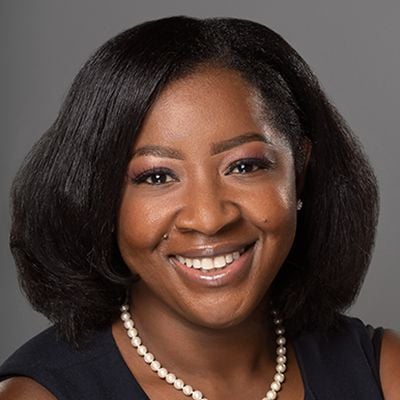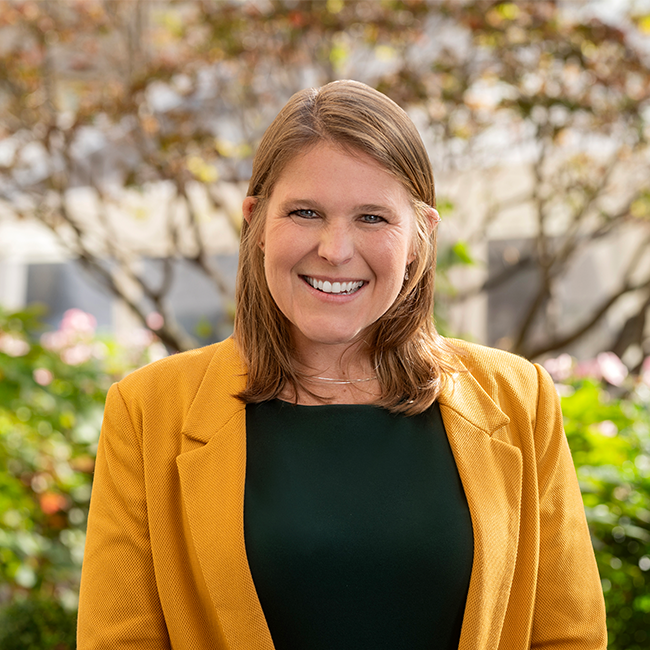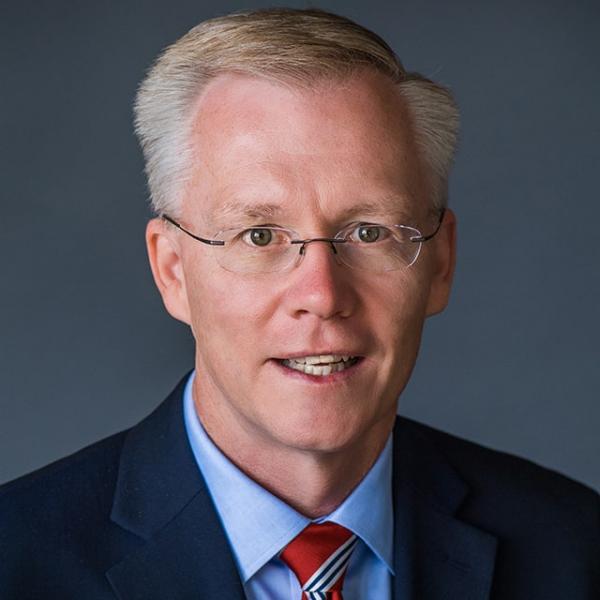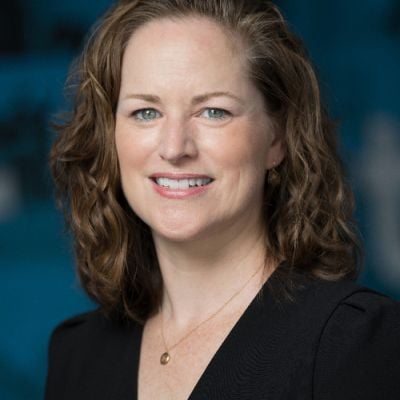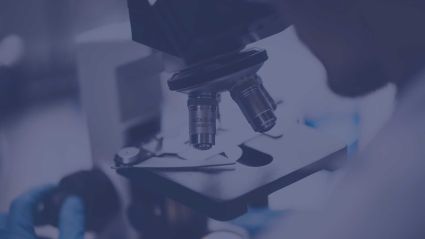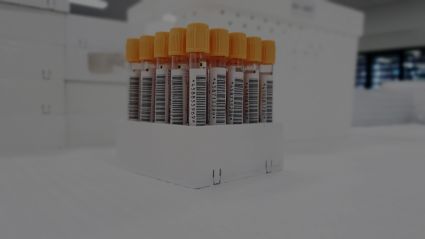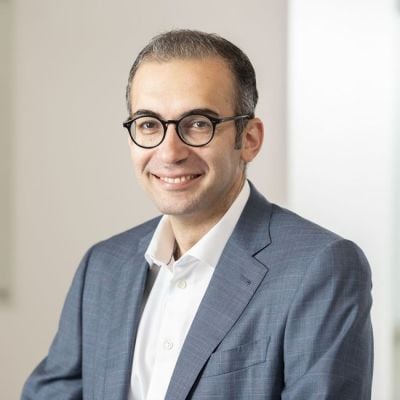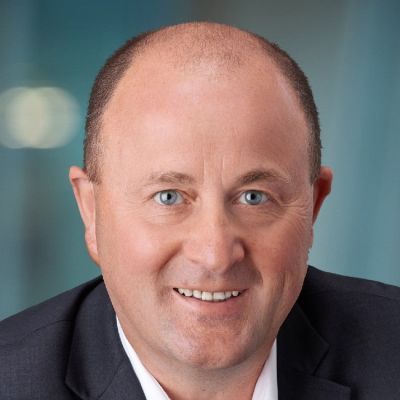
Cancer is personal. Almost half of all men and a third of all women in the United States will receive a cancer diagnosis at some point in their lives. Yet this diagnosis still comes as a shock and sparks the fear of loss. I’ve certainly felt the devastating loss of cancer in my life, as has nearly everyone I know.
But how can we change that story of cancer? From a story of loss to a story of hope?
Thankfully, science has made great strides, and oncology is one of the most promising areas of modern medicine. We have seen several breakthroughs across a range of cancers, and therapy options have expanded dramatically, including targeted medicines, immunotherapy, stem cell transplants, and even the first gene therapies. These breakthroughs help physicians and patients manage conditions that were once terminal.
At the same time, technology is advancing at rates almost unimaginable when I started my career two decades ago. It has become an important catalyst to leverage all the exciting science, particularly in harnessing the wealth of health data generated every day. We have already seen how computer-assisted analysis of this data is transforming our understanding of cancer. Technology has the power to disrupt every part of health care—from the way we develop new medicines to the way we deliver care.
Reinvent Drug Development
Let’s take the drug development process as one example: It traditionally has taken the pharmaceutical industry more than 10 years to develop a new medicine. That’s way too long, particularly in a life-threatening disease like cancer. Technology is beginning to disrupt drug development, making it more efficient, more reliable, and more patient-focused.
Researchers are already using learning algorithms to make predictions about potential drug properties, speeding the drug screening process. The ability to accurately predict cancer patient relapse and remission rates could enable improved health outcomes if physicians can know in advance if a patient will or will not respond to a treatment.
In today’s digital era, we can also use technologies to make it easier for people to participate in clinical trials, for example, if they live in remote areas. Together, data and technologies, like artificial intelligence, can help us to recruit participants faster and in a more targeted way, especially for tumors with very specific genetic mutations. This will help us reach people who haven’t traditionally been included in trials, including diverse and underserved patient populations.
By leveraging big data, we can address another issue of clinical trials: Many participants are concerned that they will receive a placebo instead of the potentially innovative therapy being tested in the trial. I could see us using synthetic control arms for our oncology studies in the future. These arms use real-world data previously collected as a model for participants who have been assigned to the control or placebo arm. By reducing, or eliminating, the need to enroll control participants, we can increase efficiency, reduce delays, and lower trial costs. And most importantly, we would address the concerns of cancer patients undergoing care.
Measure Outcomes
At Pfizer, we are working every day to deliver breakthroughs that change patients’ lives. But breakthrough medicines are of little use if they don’t get quickly into the hands of the right patients, and health-care systems can’t afford them.
The health-care system’s current fee-for-service model isn’t sustainable. We need a mindset shift that incentivizes value over volume, quality over quantity. New technologies and data from multiple sources will help us to follow in real-time how we deliver for patients and avert unnecessary costs to the health-care system.
Consider how subscription-based services like Netflix operate. What if payers paid a flat fee in exchange for unlimited access to medicines? We could reduce overall costs and ensure all participants in the health-care system are accountable for the health outcomes we aim to achieve.
So far, innovative access agreements have been challenging to execute due to the lack of data collection infrastructure and complexity of measuring outcomes. But to promote greater access and affordability, companies, payers, physicians, providers, regulators, and patients must find new solutions to improve health outcomes.
I believe we all share the common goal to change the devastating story of cancer. And I am convinced we can make a real difference if we collaborate, embrace new technologies, and, most importantly, think differently.


